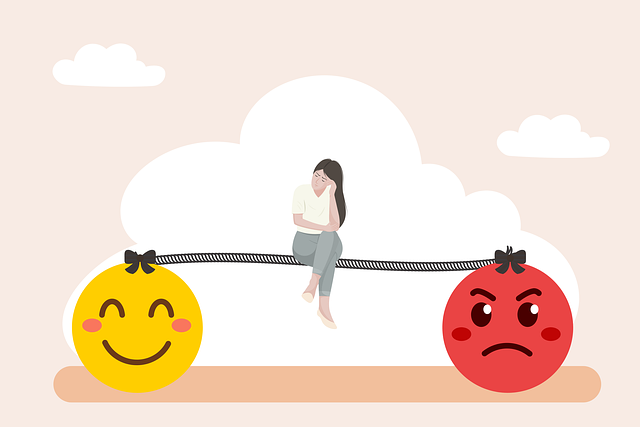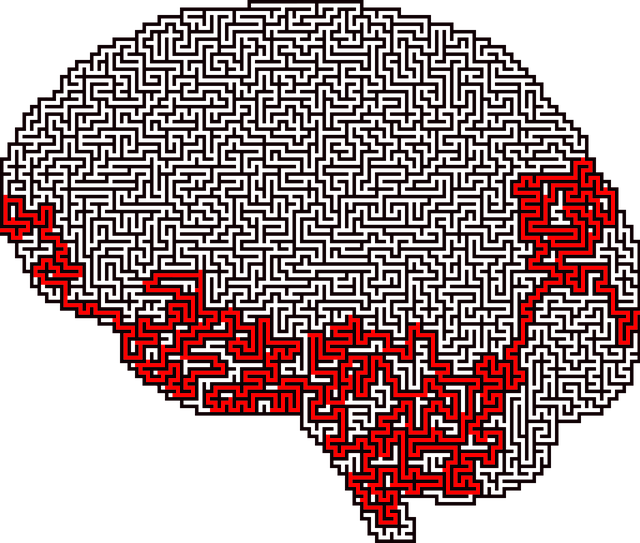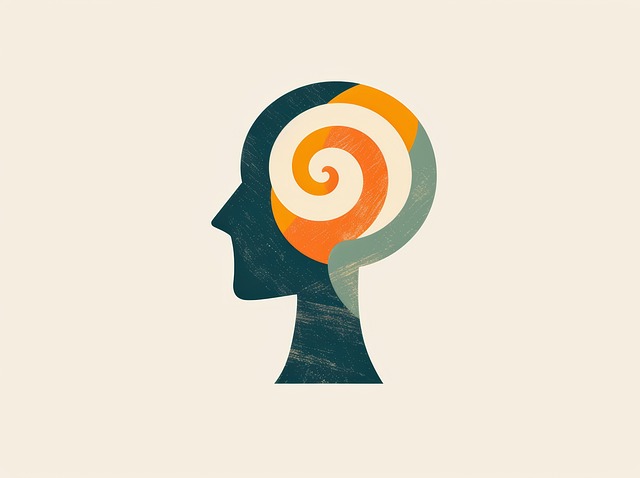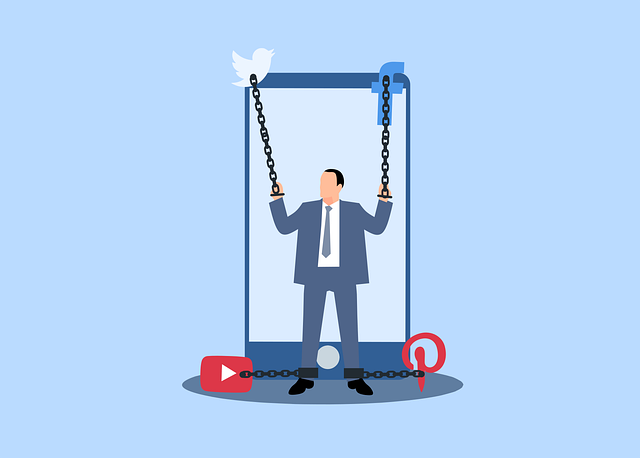The text highlights how stigma around mental illness prevents people from seeking help, particularly for adults with phobias. It discusses the detrimental impact of negative attitudes and stereotypes on mental health, leading to discrimination and isolation. The article advocates for a multi-faceted approach involving healthcare providers normalizing conversations, offering specialized therapy like cognitive-behavioral therapy (CBT), peer support, and education programs. Public awareness campaigns and individual actions through sharing experiences, advocating for inclusivity, and promoting empathy are also crucial. CBT, combined with self-care practices, provides effective treatment for adults with phobias while reducing stigma associated with mental illness.
Mental illness stigma remains a significant barrier to individuals seeking help. This article delves into understanding the profound impact of stigma on mental health, exploring effective strategies to reduce it in healthcare settings and everyday life. We highlight the crucial role therapy plays, specifically in treating phobias – a common manifestation of mental illness stigma. By examining these aspects, we aim to empower individuals and foster a more supportive society for those dealing with mental health challenges, including therapy for adults with phobias.
- Understanding Stigma and its Impact on Mental Health
- Strategies for Reducing Stigma in Healthcare and Everyday Life
- The Role of Therapy in Fighting Phobias and Stigma
Understanding Stigma and its Impact on Mental Health

Stigma surrounding mental illness can have a profound impact on an individual’s well-being and their willingness to seek help. It often manifests as negative attitudes, beliefs, and stereotypes about people with mental health conditions, leading to discrimination and social isolation. This stigma can deter individuals from openly discussing their struggles, seeking therapy for adults phobias, or even acknowledging their need for support. As a result, many suffer in silence, exacerbating existing symptoms and hindering their path to recovery.
Understanding the pervasive nature of stigma requires a multifaceted approach. Burnout prevention strategies for healthcare providers are essential, as professionals who interact with individuals dealing with mental health issues can either perpetuate or alleviate stigma. Mental health education programs designed with sensitivity and accuracy play a crucial role in challenging societal misconceptions. By promoting emotional regulation techniques and fostering an environment of acceptance, these initiatives can empower individuals to embrace their mental health journeys without fear of judgment.
Strategies for Reducing Stigma in Healthcare and Everyday Life

Stigma reduction efforts in mental health care involve several strategic approaches tailored to both professional settings and everyday life. Healthcare providers play a pivotal role by normalizing conversations about mental illness, using inclusive language, and integrating peer support systems. They can also offer specialized therapy for adults with phobias and other anxiety disorders, which not only addresses the symptoms but also challenges societal perceptions associated with mental health issues. Public awareness campaigns focused on mental wellness development are pivotal in reshaping attitudes and promoting understanding.
In everyday life, individuals can contribute to stigma reduction by sharing personal experiences, educating themselves about various mental health conditions, and advocating for inclusivity. Engaging in stress reduction methods, such as mindfulness practices and social support networks, can further mitigate the impact of stigma. By fostering open dialogues, encouraging empathy, and dismantling stereotypes, communities can create a more supportive environment for those facing mental illness challenges.
The Role of Therapy in Fighting Phobias and Stigma

Therapy plays a pivotal role in fighting phobias and reducing stigma associated with mental illness. For adults struggling with specific phobias, evidence-based therapeutic approaches like cognitive-behavioral therapy (CBT) have proven highly effective. CBT helps individuals challenge and replace negative thoughts and behaviors with healthier alternatives, gradually exposing them to their fears in a controlled environment. This process enables people to manage their symptoms, gain a deeper understanding of their phobias, and regain control over their lives.
Furthermore, integrating self-care routine development for better mental health alongside therapy can significantly enhance outcomes. Techniques such as mindfulness meditation, stress management, and crisis intervention guidance, when practiced regularly, empower individuals to cope with anxiety and triggers more effectively. By combining targeted therapy with holistic self-care practices, adults with phobias can not only overcome their specific fears but also build resilience and reduce the overall stigma they may face in their communities.
Mental illness stigma reduction is a multifaceted effort that requires understanding, empathy, and proactive strategies. By acknowledging the profound impact of stigma on mental health and leveraging techniques like therapy for adults with phobias, we can foster more inclusive communities. Integrating these practices into healthcare settings and everyday life is crucial to creating a supportive environment where individuals feel empowered to seek help without fear of judgment. Through collective efforts, we can break down barriers and promote better mental well-being for all.










